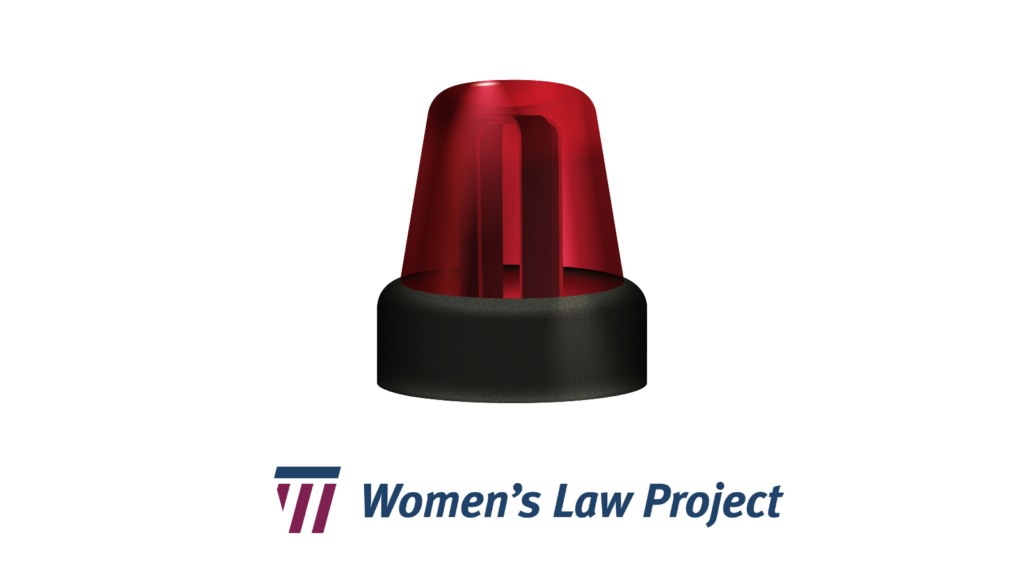
Today, in collaboration with partners in The Alliance: State Advocates for Women’s Rights & Gender Equality and California Women’s Law Center, we’re releasing an urgent warning of the role the crisis pregnancy center (CPC) industry is poised to play surveilling and tracking pregnant people as abortion is increasingly banned and criminalized.
Our new brief, The CPC Industry as a Surveillance Tool of the Post-Roe State, is available here.
Privacy experts have already reported on CPC data collection and exploitation practices, and exposed that client data is collected and stored in a proprietary anti-abortion movement platform designed to function as one mega-database that “serves the whole movement.”
Now, as our new brief warns, legislation that seeks to assign pregnant people a “unique identifying number,” force them to consult with anti-abortion activists, and enable the state to track them in state-run databases is advancing in multiple states.
“When abortion is criminalized, pregnancy is policed,” said Tara Murtha, co-author of the report and Director of Strategic Communications at Women’s Law Project. “People need to know that when they talk to a crisis pregnancy center, whether in person or through an online chat service or app, their information is likely being harvested and shared with anti-abortion activists. Now, if this new legislation passes into law, a person’s sexual and reproductive history and data may also be shared directly with the government.”
This brief is published as the Alliance re-issues the groundbreaking report “Designed to Deceive: A Study of Crisis Pregnancy Centers in Nine States.” As documented in Designed to Deceive, crisis pregnancy centers generally do not provide medical services and are therefore not generally subject to medical privacy laws.
To date, Pennsylvania has diverted more than $100 million dollars, including money intended to support low-income families and children, to a network of CPCs in the Commonwealth.
You can find the Alliance Study fact sheet on CPCs in Pennsylvania here.
“Pennsylvania directly funds the worst CPC industry practices, such as the program where they administer experimental treatments opposed by medical experts to low-income pregnant people,” says Amal Bass, WLP’s Director of Policy & Advocacy. “We call on the Pennsylvania Legislature to protect pregnant Pennsylvanians from the exploitative practices of the CPC industry, including defending our right to privacy.”
Bass recently authored an article highlighting policies state lawmakers can support to help hold CPCs accountable, which you can find here. Specific policy recommendations are also detailed in the main report.
You can find more information on our CPC accountability work here.
Women’s Law Project is a public interest law center in Pennsylvania devoted to advancing and defending the rights of women, girls, and LGBTQ+ people in Pennsylvania and beyond. As a non-profit organization, we can not do this work without you. Please consider supporting our work.
Sign up for WLP’s Action Alerts. Stay up to date by following us on twitter, Facebook, and Instagram.
February 2022: Our physical offices are still closed but we are OPEN and working to serve your needs. Contact us here.


